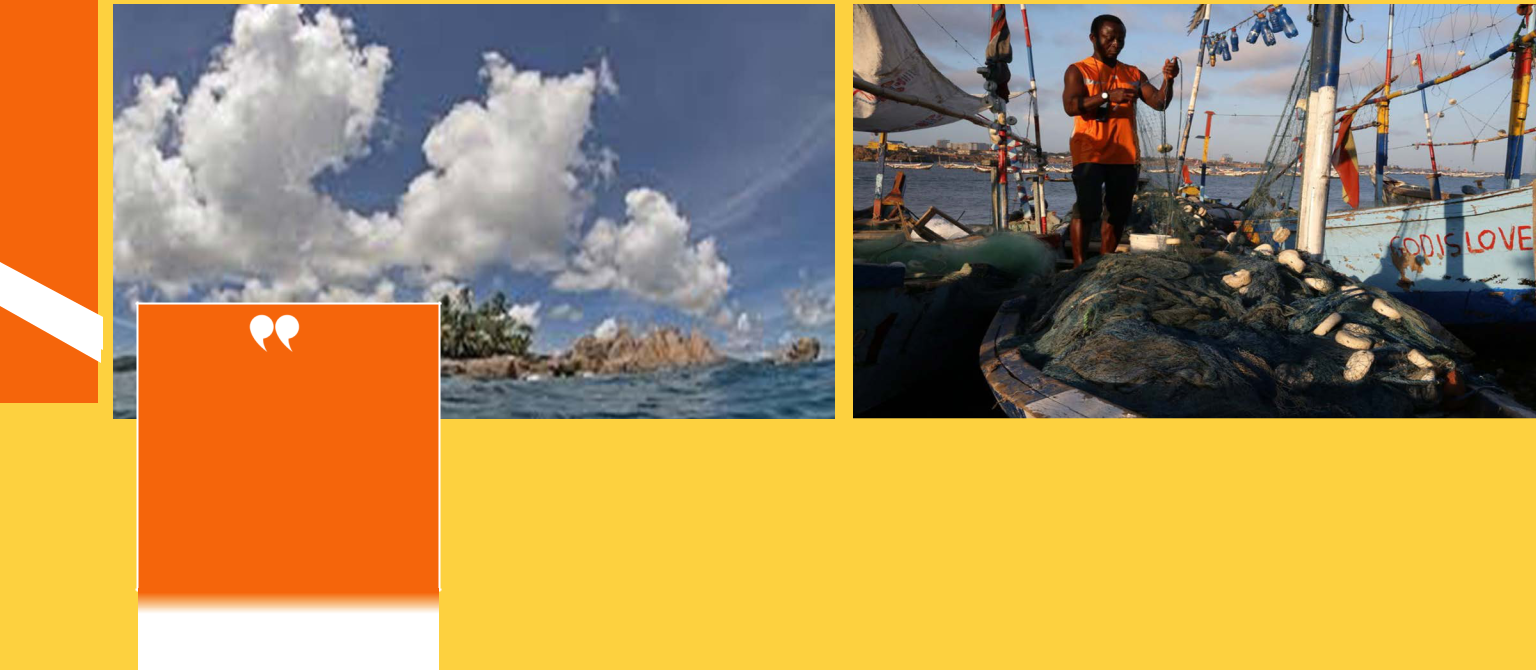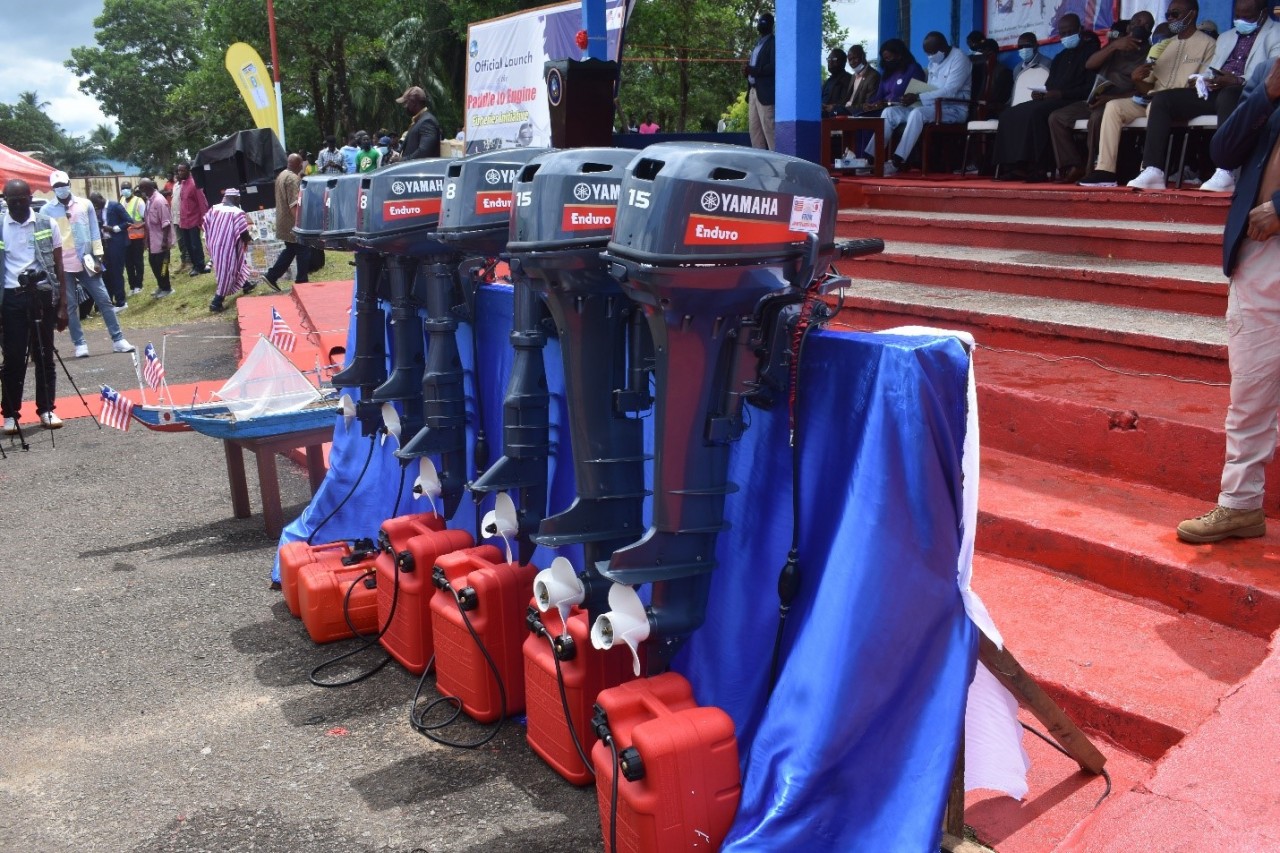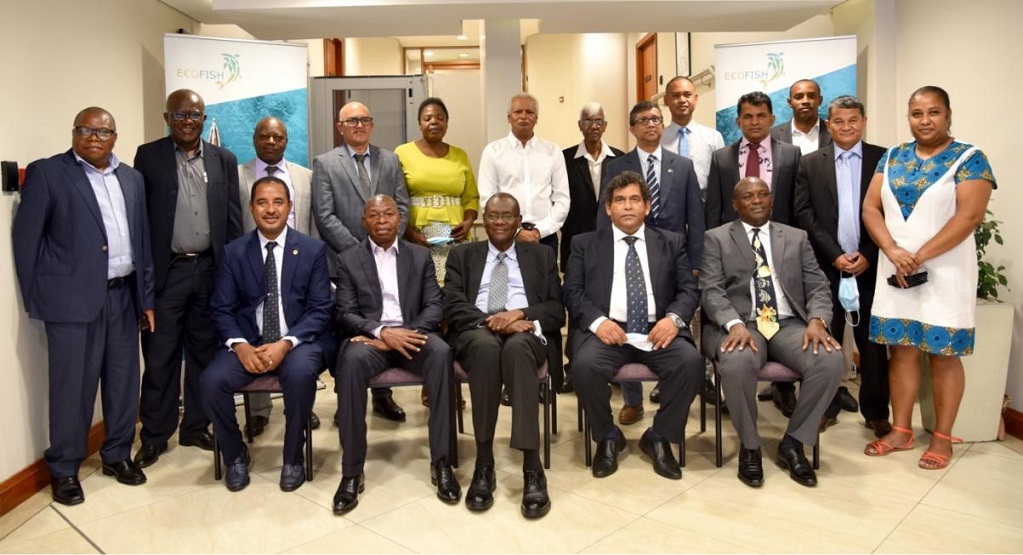Link

The unbridled exploitation of fisheries resources poses a real threat to the sustainability of the blue economy in Africa, including in the ATLAF-CO zone bordering the Atlantic Ocean. Urgent and concerted measures are needed to ensure the renewal of stocks and their sustainability. The new concept of the «blue economy» has varying defi-nitions. Generally, there […]

The National Fisheries and Aquaculture Authority (NaFAA) has disclosed the free distribution of Japanese Yamaha outboard engines and thread nets to fishermen in Southeastern Liberia through their respective Fisheries Cooperatives.The four counties to benefit from the distribution of the fishing gears are Maryland, Grand Kru, Sinoe and River Cess.Th...

Lusaka, 18th March 2022 – As part of the implementation of E€OFISH Programme, eight regional organisations committed to making fisheries a lever for Africa’s development met on 17th and 18th March 2022 in Lusaka, Zambia. Kipyego Cheluget, Assistant Secretary General of Common Market for Eastern and Southern Africa (COMESA) Programs, underlined the importance and relevance […]

